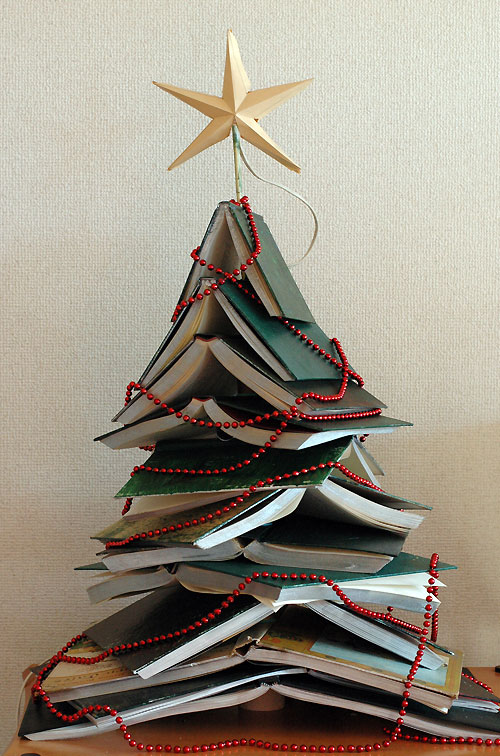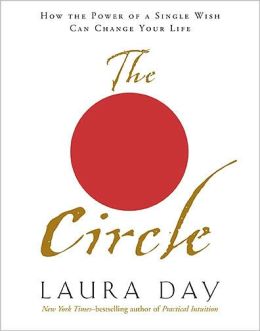frustrate…
frustrate (v.) mid-15c., from Latin frustratus, past participle of frustrari “to deceive, disappoint, frustrate,” from frustra (adv.) “in vain, in error,” related to fraus “injury, harm” (see fraud). Related: Frustrated; frustrating.
Yesterday I told my husband I was frustrated. About what? He asked. Well, in part, him. I was frustrated because he wouldn’t let me vent about other frustrations. I found telling him this incredibly difficult, but I remembered a recent resolution (one of several rules posted on my refrigerator) to be honest. So I told him. I am pleased to say that he turned his full attention on me and we had a satisfying conversation, after which I was less frustrated.
My husband is the word man — our own personal dictionary — so it didn’t surprise me that he knew the etymology of frustrate. And no wonder feeling frustrated felt so wounding to me. No wonder that getting un-frustrated felt so healing.
This morning, reading around in the stack of books near my chair, I came across this poem and I was reminded that it (whatever I mean by it) doesn’t have to be so freaking hard.
It Felt Love
How
Did the rose
Ever open its heart
And give to this world
All its
Beauty?
It felt the encouragement of light
Against its
Being,
Otherwise,
We all remain
Too
Frightened.
-Hafiz




 I got this idea from
I got this idea from  3. And besides practical (though inspiring) books, there are purely inspiring books. Of course there’s
3. And besides practical (though inspiring) books, there are purely inspiring books. Of course there’s 